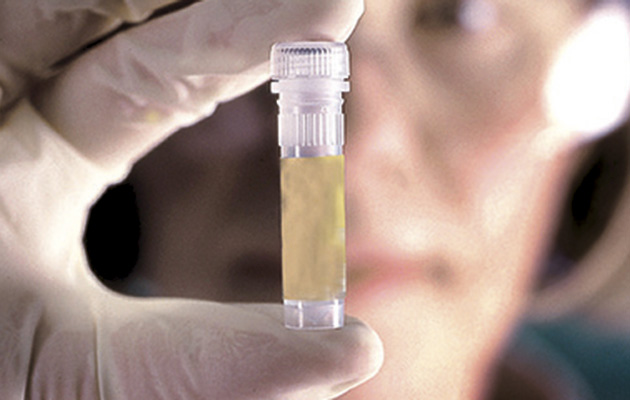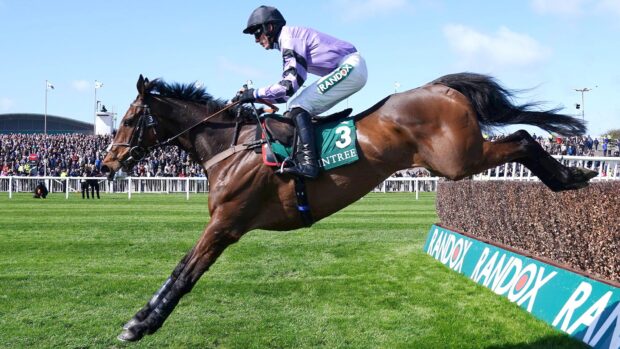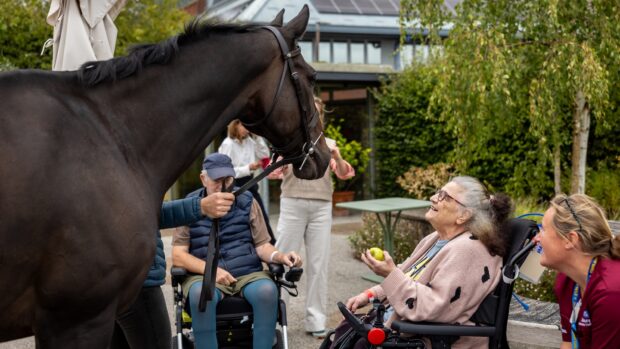The British Horseracing Authority (BHA) is now dope-testing the first four horses past the post in all major races, in new measures quietly introduced this autumn.
From September 1 this year, the policy has applied to the top four finishers in all Group one, two and three flat races, as well as grade one jump races.
The BHA said it has taken the measures to “help protect the integrity” of pattern races, as well as to “enhance public trust” in their outcome.
Spokesman Robin Mounsey said the BHA had managed to extend the number of horses tested without heightening its costs.
“It’s being managed alongside a redistribution of funds and in negotiation with our testing laboratory LGC,” he said. “Some efficiencies have allowed us to slightly shift the emphasis without costing more money.”
Brant Dunshea, the BHA’s chief regulatory officer, announced the new policy in a media briefing this week, also revealing that samples will be routinely screened for new substances, including cobalt, from next year.
The move marks a significant reinforcement in the war against doping in racing, where previously just the winner was subject to obligatory testing, along with select other horses.
Only 10% of samples were previously tested for cobalt, a naturally occurring trace element which in high doses is believed to enhance performance by increasing the number of red blood cells produced in the body.
“We are committed to being seen to set an international standard and hope that by doing this it will become the international norm that the major racing jurisdictions will adopt,” Mr Dunshea said.
“We’ve now been able to include some additional sample analyses that were separate to the standard screen, such as cobalt, into the standard screen.”
Continues below…

Owner’s hairspray causes showjumper’s positive dope test
The rider and the owner’s wife were unaware he was using the product

Human sewage to blame for horse’s positive dope test
The horse’s rider has been cleared of any wrongdoing in the contamination case

Subscribe to Horse & Hound magazine today – and enjoy unlimited website access all year round
He added that the capacity to test for synthetic peptides, laboratory-developed performance-enhancing drugs and alkalising agents (“milkshaking”) had also increased.
In a move to inspire confidence, the BHA also announced that it would be increasing its investigative capability to ensure it was more “proactive”. The changes include the appointment of John Burgess as “intelligence development manager”, whose remit will be to “seek out opportunities to prevent and disrupt corruption before it occurs.”
For all the latest news analysis, competition reports, interviews, features and much more, don’t miss Horse & Hound magazine, on sale every Thursday.




